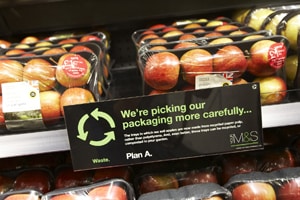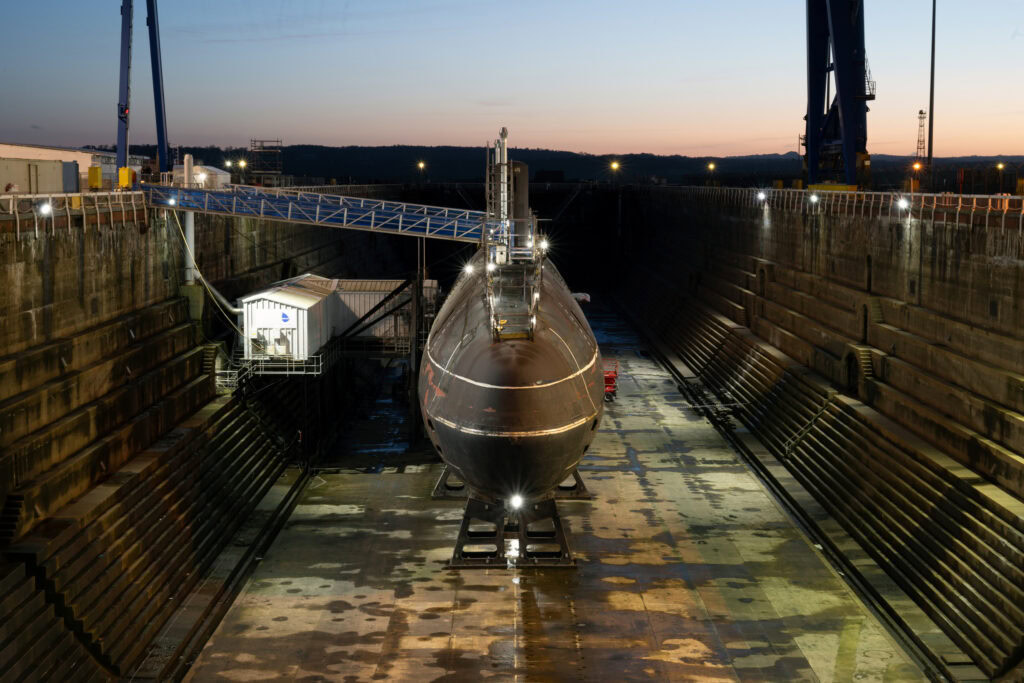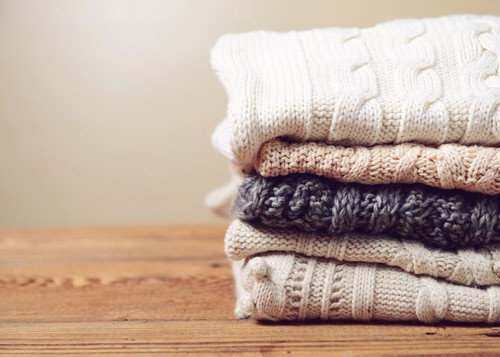Retailer to donate meals made from surplus ingredients
M&S Food has announced it has invested £1 million in an initiative to fight food poverty.
The supermarket has said it will donate over 1.5 million meals from September, which are made from surplus ingredients, via Fareshare, a UK based charity for food insecurity, as part of the Coronation Food Project.
M&S has developed three meals: a vegetable curry, carrot and coriander soup and a family sized pizza, which use surplus ingredients from within its supply chain, which the retailer highlights may otherwise go to waste.
Alex Freudmann, managing director of M&S Food commented: “Making great quality, delicious and nutritious food is what we do at M&S Food and we’ve been inspired by the Coronation Food Project to go further to redistribute more meals than we ever have before. By utilising ingredients, capacity and time available within our supply chain, we’re able to donate so much more product and ultimately help more people. I’m delighted to be able to come together with our supplier partners to support FareShare throughout the year.”
eGreen launches 100% recyclable cups
eGreen, a packaging firm, has announced it is the “first” to have launched cups made from 100% renewable resources to the UK market.
It has highlighted that the new range is made primarily from recycled plant oils which has led to an 180% reduction in CO2 emissions.
Caroline Wiggins, chief executive of eGreen, said: “Our new VeriGreen cups give
customers and exciting proposition that can help them reach their environmental
targets. Our claims are reinforced by accreditations which give customers added
confidence.
“Each cup features a unique message which underlines the product
benefits and a QR Code which gives consumers more information about our
technology. This therefore is educational tool which operators should perceive as a real
benefit. Key target markets and customers are festivals, stadia, concerts, large scale
events, universities, schools and drinks brands.”
Hill Waste Solutions swaps HGV Fuel
Hill Waste Solutions has announced that it has changed the fuel for its Bristol fleet of HGVs from diesel to Hydrotreated Vegetable Oil (HVO).
Nathan Carr, Hills Waste Solutions’ divisional fleet manager, said: “All Hills’ frontline HGVs operating out of the Bristol Depot are already ULEZ compliant, as they meet the latest Euro 6 regulations for emissions. We are committed to not only managing waste sustainably but also powering our operations in a more environmentally friendly way. That’s why we have chosen to go the extra mile and fuel our fleet with HVO, as it can reduce CO2 emissions by up to 90%.
Spacehive launches funding workshop
Spacehive, a community fundraising platform, has partnered with the Liverpool City Region combined authority to host a workshop for its Community Environment Fund, which is now accepting applications for green projects from across Liverpool.
If selected the green initiatives could win up to £30,000. Projects that the fund will consider include those focussed on waste and resources, improving air quality, enhancing green spaces, improving local wildlife and biodiversity, and reducing carbon and energy use.
The workshop will cover advice on the funding available and the application process as well as specialised project support.
Spacehive also highlighted that projects can meet their fundraising quicker by creating a crowdfund programme in collaboration with them as organisations can also pledge funds towards projects in addition to the Community Environment Fund.
EA publishes Q1 WEEE data
The Environment Agency has released its Q1 2024 data for Waste electrical and electronic equipment (WEEE) in the UK. The tables show that the total amount of separately collected WEEE for Q1 equalled 134062.16 tonnes.
This was broken down into categories such as large household items (52022.76), consumer equipment (5406.612) and medical devices (15.31).
The Environment Agency has reported that this figure is the amount of WEEE producer compliance schemes have reported as being delivered to approved authorised treatment facilities and approved exporters on their behalf”.
The report also shows that 69499.25 tonnes of household WEEE was collected from designated collection facilities (DCF).
It also highlights that the number of WEEE items returned under regulation regulation 43 equalled 48567.54 tonnes and the amount of household WEEE items returned under regulation 50 amounted to 15471.55 tonnes.














Subscribe for free